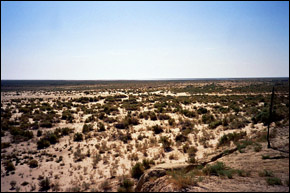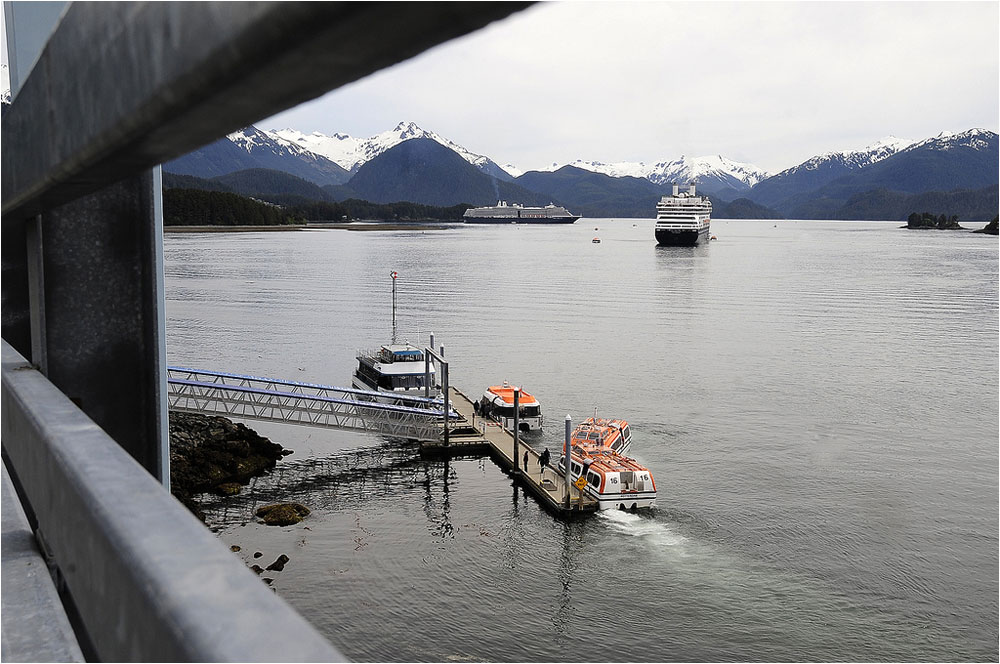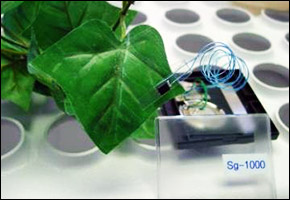Natural Gas Found in Aral Sea’s Dry Bed
Test wells produce the first significant volumes of gas, confirming speculation about gas reserves in the region.

In northwest Uzbekistan below the dry seabed of the Aral Sea, a consortium of energy companies has discovered natural gas deposits.
An international consortium of energy companies found natural gas in two test wells that were drilled in the Aral Sea’s dried lake bed, according to a press release from Trading Markets.
The wells in northwest Uzbekistan produced 500,000 cubic meters of gas per day, according to officials from South Korea’s Ministry of Knowledge Economy. Two Korean companies are part of the consortium, as well as companies from China, Malaysia, Russia and Uzbekistan.
“We drilled deeper than three kilometers to pinpoint the location of gas over the past few months around the Aral Sea. We extracted a total of 500,000 cubic meters of natural gases as of June 1,” an MKE official told the Korea Times.
“Through second-round works starting this August, we will be able to measure the precise amount of the reserves. As the Uzbek government promises full support for the scheme, the prospects are pretty good,” the official added.
Industry experts for years have speculated that the Aral Sea region held large gas reserves. The successful operation at the Surgil field is the first significant discovery in the area. Meanwhile well drillers do not have to contend with water because the Aral Sea has largely disappeared. The sea, once the world’s fourth largest inland water body, has been shrinking for the last five decades because countries are withdrawing too much water, mainly for irrigation, from its tributary rivers.
Uzbekistan is one of the world’s top 15 gas-producing countries–processing 65 billion cubic meters in 2007–according to the Energy Information Administration. Much of that is used domestically, but these new finds may increase the country’s export capacity. The Uzbek government expects the Surgil field to produce 2.8 billion cubic meters per year.
The consortium was formed in 2006 after a production sharing agreement was signed with the Uzbek government. Members include Uzbekneftegaz, Malaysia’s Petronas, Korean National Oil Corp., the China National Petroleum Corp., and Russia’s Lukoil. The contract, which lasts until 2043, gives each company a 20 percent stake in the field.
Also announced this week was an agreement from CNPC to buy 10 billion cubic meters of gas annually from Uzbekneftegaz, Xinhua reports. Before the gas can be shipped, CNPC will work to integrate Uzbekistan’s transmission system into the Central Asia-China gas pipeline that opened in December 2009. The pipeline runs from Turkmenistan to China’s Xinjiang Province.
Source: Trading Markets, Xinhua, Korea Times
Brett writes about agriculture, energy, infrastructure, and the politics and economics of water in the United States. He also writes the Federal Water Tap, Circle of Blue’s weekly digest of U.S. government water news. He is the winner of two Society of Environmental Journalists reporting awards, one of the top honors in American environmental journalism: first place for explanatory reporting for a series on septic system pollution in the United States(2016) and third place for beat reporting in a small market (2014). He received the Sierra Club’s Distinguished Service Award in 2018. Brett lives in Seattle, where he hikes the mountains and bakes pies. Contact Brett Walton










Leave a Reply
Want to join the discussion?Feel free to contribute!